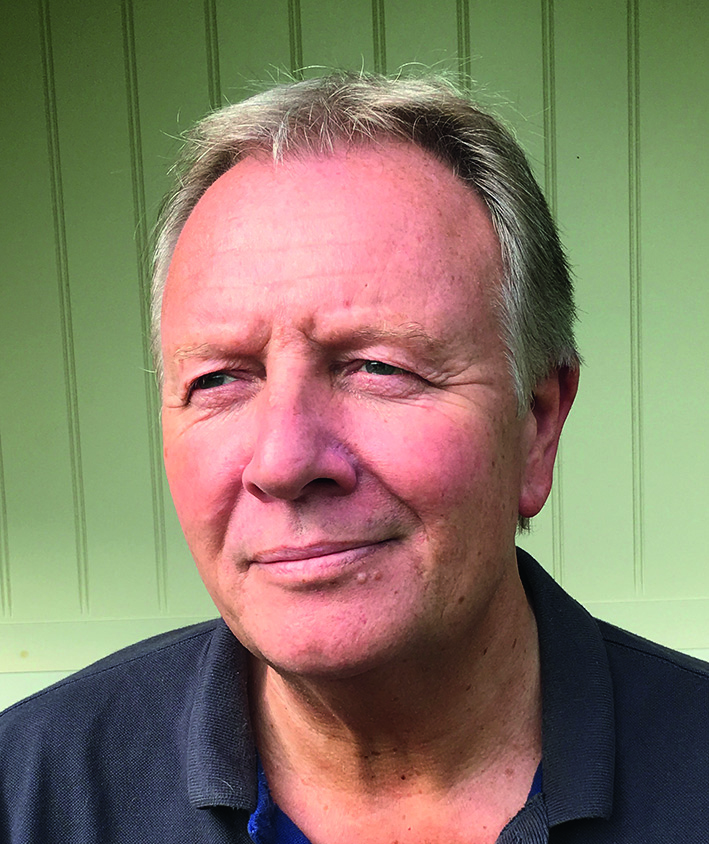COMPOSERS: Glazunov; Tchaikovsky
LABELS: BIS
ALBUM TITLE: Glazunov; Tchaikovsky
WORKS: Glazunov: Violin Concerto; Tchaikovsky: Violin Concerto
PERFORMER: Vadim Gluzman (violin); Bergen PO/Andrew Litton
CATALOGUE NO: SACD-1432 (hybrid CD/SACD)
If violinists such as Gidon Kremer, Thomas Zehetmair and Christian Tetzlaff have brought a wider technical and expressive range to the Romantic repertoire, then Vadim Gluzman and Baiba Skride might be viewed as throwbacks to the golden age of Heifetz, Kreisler and Milstein. Not since Vadim Repin burst onto the recording scene in the 1990s with a scorching coupling of the Sibelius and Tchaikovsky concertos have I found myself so emotionally engaged by the latter on disc. From his very first entry, Vadim Gluzman commands attention with beguilingly natural phrasing and tonal purity. As Tchaikovsky piles on the technical pressure, Gluzman not only emerges completely unscathed but also sounds as though he believes in every note. His emotional pacing is also impeccable – the way he reserves his ‘magic moment’ for the second subject’s recapitulation, with a heart-stopping intake of musical breath, will have listeners misting over. Judged by the stellar standards of Heifetz (RCA) and Stern (Sony), Gluzman may lack the last word in overwhelming intensity, but this is without doubt one of the work’s finest recordings in recent years. In the Glazunov Concerto Gluzman’s sparkling virtuosity and seductive allure deserve a place alongside the work’s finest modern recording from Gil Shaham (DG), who like Gluzman (and Skride) also features the Tchaikovsky Souvenir. Gluzman also has first-rate backing from Litton and his fine Norwegian band, and BIS’s exemplary recording sounds all the more ‘real’ on the SACD surround track. Baiba Skride is arguably the most exciting violin talent to have emerged since Elisabeth Batiashvilli a few years back. Still only in her mid-20s, she possesses a uniquely silvery sound, not unlike the great Christian Ferras, and has a way of speaking naturally through the violin which instantly engages the listener’s emotions. Even more than Gluzman she weaves her way through the Tchaikovsky as though she is unfolding a poetic narrative. Rather than grabbing the musical bull by the horns at every turn, when Tchaikovsky turns introspective she responds with a series of half-whispered correspondences of entrancing warmth and sensuality – this works particularly well in the reflective outer movements of the Souvenir and the Concerto’s slow movement. Yet for all her phenomenal expertise and expressive subtlety, there is a lack of free-flowing adrenalin during the Concerto’s coruscating finale that prevents the final coda lifting the roof off as it should. A little more weight from the upper strings would also have helped inestimably. Julian Haylock
